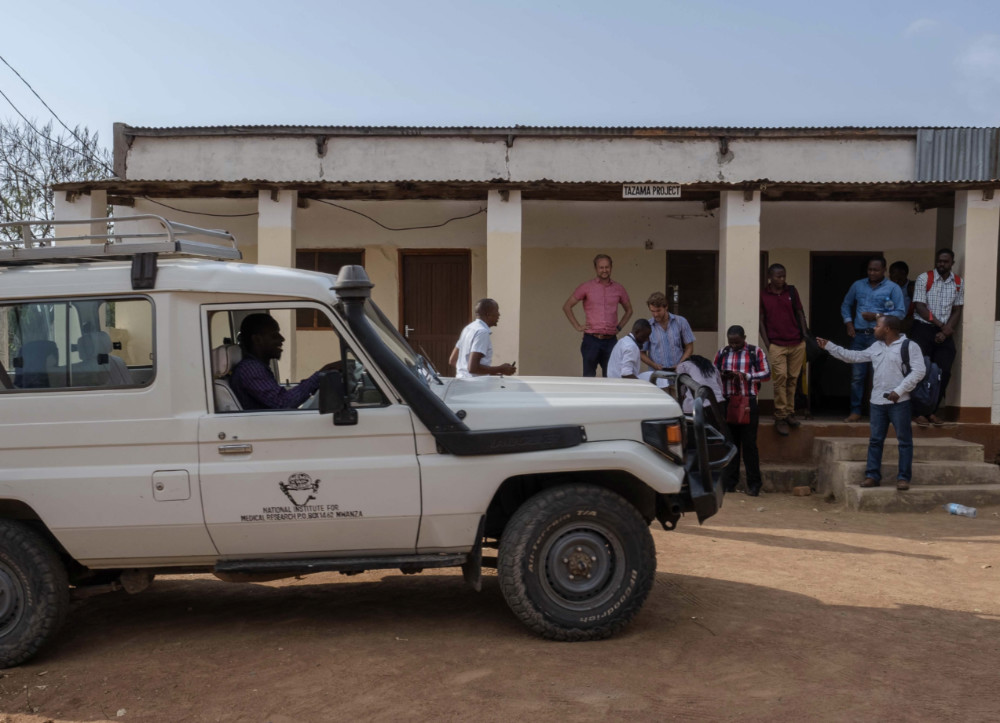
The Cost of Change
As rural communities urbanize across the world, researchers say, the status of women often improves. The education of girls and women increases and introduces new opportunities for economic independence. Accompanying social changes also lead to reduced family sizes and smaller age gaps between spouses, changes typically associated with advances in women’s empowerment.
But a new study authored by researchers at UC Santa Barbara and published in the Journal of Interpersonal Violence suggests that these improvements can come at a cost: a “violence backlash” from their husbands or partners.
Joseph Kilgallen, an anthropology graduate student and lead author of the study in the Journal of Interpersonal Violence, explained that violence backlash “refers to a particularly concerning pattern of behavior which we are observing across the globe in which men are responding to increases in women’s status/empowerment with violence as they attempt to maintain patriarchal control.”
To examine intimate partner violence (IPV) in this context, Kilgallen and his co-authors interviewed married couples in a market town in the Mwanza region of northwest Tanzania. Men and women were interviewed separately on a number of topics, including the woman’s personal experience with IPV, her husband’s condonement of IPV, education level, income and more.
“We found results consistent with a violence backlash,” Kilgallen said. “As wives’ level of education and income approached or surpassed that of her husband’s, she was at a relatively greater risk of experiencing IPV and her husband condoning the use of IPV in certain circumstances.”
The study also tested the effect of family networks on IPV. Nearly 95% of residents in the Mwanza region belong to the Sukuma ethnic group, traditionally cattle herders. They’re also patrilocal — the woman generally settles in (or around) her husband’s family after marriage. But as the area urbanizes, increasing numbers of couples are living away from their family networks.
“A move away from patrilocal residence has been argued to improve female autonomy, since the husband’s kin has less potential to control a woman’s behavior. However, we found evidence that in couples who had less interaction with the husband’s relatives, wives were at greater risk of experiencing IPV and their husband condoning IPV,” Kilgallen said. “We found similar results for women relatively close in age to their husband, which has become more common in recent years. Overall, this suggests that both economic and social changes that accompany urbanization place women at risk of violence as men react to their improved status.”
As the paper notes, IPV is common worldwide. In the Mwanza region, roughly 60% of women report experiencing some form of it in their lifetime. Still, as the team has previously established, some men are supportive of efforts towards gender equality and women’s empowerment, which Kilgallen calls a sign of potential progress.
“I see this as promising news for the future,” he said. “If these men become changemakers in their communities, they may begin to deconstruct harmful normative ideas around masculinity and how to resolve spousal conflict, creating a new way forward.”
It likely won’t be easy or quick. Kilgallen notes that the work to increase women’s empowerment may often collide with deeply engrained gender norms and entrenched patriarchal structures.
“I believe women’s empowerment and gender equality are two of the most critical goals for all nations,” he said, “but for these efforts to be successful they must also work to protect women against potential backlash effects.”
The project is part of an ongoing collaboration with researchers at the Tanzanian National Institute for Medical Research. David Lawson, an associate professor of anthropology at UC Santa Barbara and director of the campus’s Applied Evolutionary Anthropology Lab, emphasized the team’s gratitude to the study participants.
“This study would not have been possible without the support of the local community,” Lawson said. “By sharing information on these difficult topics, they have offered new insights into an unfortunate trend that likely characterizes many similar communities.”
As a result, Kilgallen said, “Initiatives aiming to advance women’s empowerment need to be carefully designed and cognizant that change rarely comes without resistance. We must work to shift harmful gender norms that legitimize male control and use of violence against women, as well as target larger patriarchal structures that enable these behaviors and ideologies to persist without consequence.”
Kilgallen intends to further explore these themes with his PhD work, centered around understanding the barriers and pathways to gender norm change for young men.
Additional co-authors are Susan B. Schaffnit, Anthony Galura and Lawson of UCSB; and Yusufu Kumogola and Mark Urassa of the National Institute for Medical Research, Mwanza, Tanzania.



